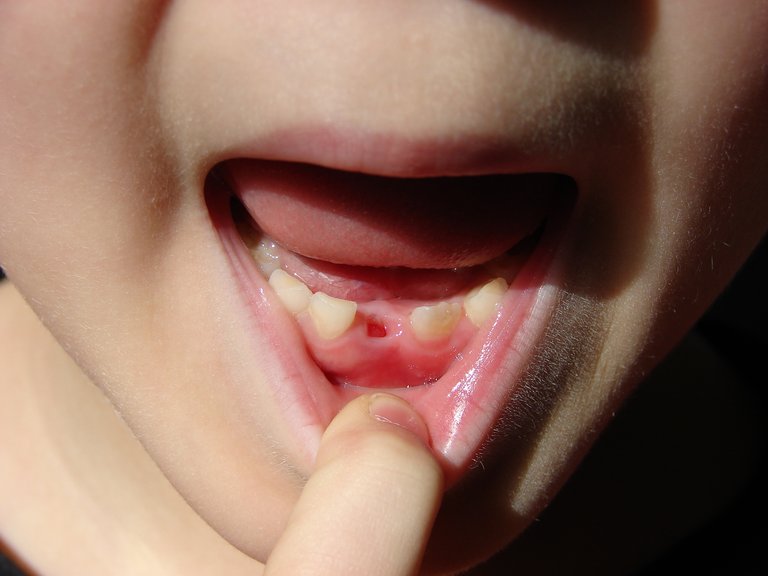My nephew was brought to our house after his birth and at the age of three months, he started to grow a tooth on his gum. Trust me that his tooth looked beautiful and he was using it to bite anything he could lay his hands, or tooth upon. This got me to begin to ask question on how teeth come into play. Where do they come from because how does those soft gums begin to produce bones?
To understand how teeth came into play, we will go back 8 months and 1 week before birth, which is about 3 weeks old before anything was formed. At this point, stem cells begin to function to create different parts of our body ranging from spinal cord, brain, bones of the middle ear, the heart and teeth. At 6 weeks to 18 weeks, the cells begin to form bumps which becomes the gum with some of the cells becoming Odontoblasts, which go on to make dentin which is the tough, fibrous core of the tooth. There are cells above the ondontoblast which is the Ameloblast which are cells that build the enamel of the tooth.
In building the enamel, the cells release a mixture of chemicals which is mostly Hydroxyapatite [Ca5(PO4)3(OH)] which is a combination of Calcium and Phosphate that become mineral crystals as they harden. The cells build up on already crystalized mineral until they die after which the mineral crystals form together to become the hard part of the teeth known as the enamel.
When the enamel show up in the mouth, they can last longer than the human itself because they can stay up to thirty thousand years when under the right condition although for some animals it can go for up to 300 million years like that of the helicoprion. Enamels are like creating a rock in the mouth and when they are done forming, the baby tooth find its way to the surface. Beneath the baby teeth is where stem cells begin to do their job where the same teeth growing process repeats itself to form our permanent teeth.
If we are to look at this holistically, we would see that before we were born, our baby teeth were already a thing and already forming and by the time we saw our first baby tooth, our permanent teeth making already began. When the adult teeth reaches the level of completion, they begin to break the root of the milk/baby teeth thereby causing them to fall and increasing out teeth to within 28 to 32 (depending on which you have on your mouth).
But what happens when your adult teeth falls off probably out of trauma? The answer is simple because no teeth grows again since the crystal nanorods automatically self destruct after the adult teeth emerges on the surface. The reason to why these stem cells don't stay alive all through isn't known yet to scientists, but we might be able to grow new teeth in the future if we are able to find a way to keep those stem cells alive. I will love to have my teeth regrow and people who have denture would really not worry because that teeth will just fall off and they will be able to grow another one giving them another chance to a good teeth.
READ MORE
https://www.mdpi.com/1996-1944/16/4/1514
https://embryology.med.unsw.edu.au
https://www.sciencedirect.com/science/article/abs/pii
https://www.medicalnewstoday.com/articles/hydroxyapatite-bone
https://www.ncbi.nlm.nih.gov/books/NBK513314/
https://www.ncbi.nlm.nih.gov/pmc/articles/PMC8930857/
https://www.ncbi.nlm.nih.gov/books/NBK560515/
https://www.ncbi.nlm.nih.gov/pmc/articles/PMC3360947/
https://www.ncbi.nlm.nih.gov/pmc/articles/PMC3296366/
https://www.ncbi.nlm.nih.gov/pmc/articles/PMC3000521/
https://www.ncbi.nlm.nih.gov/pmc/articles/PMC9907435/

